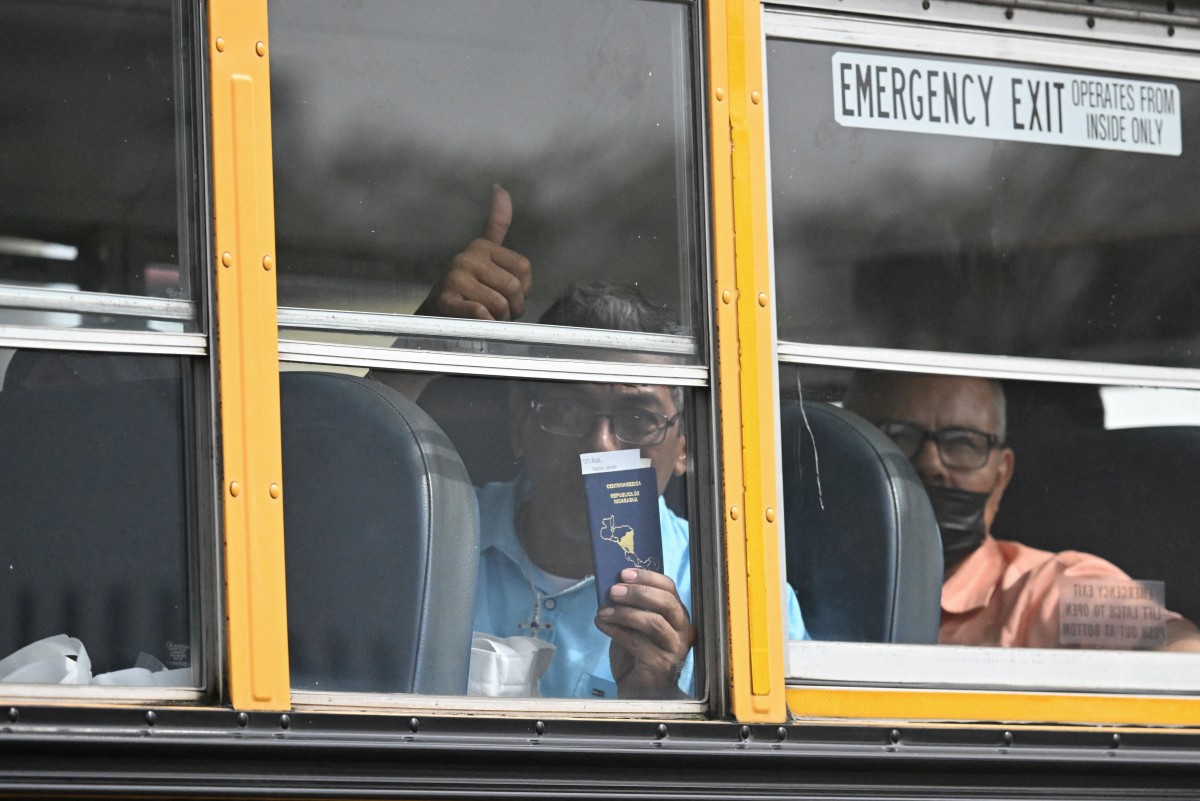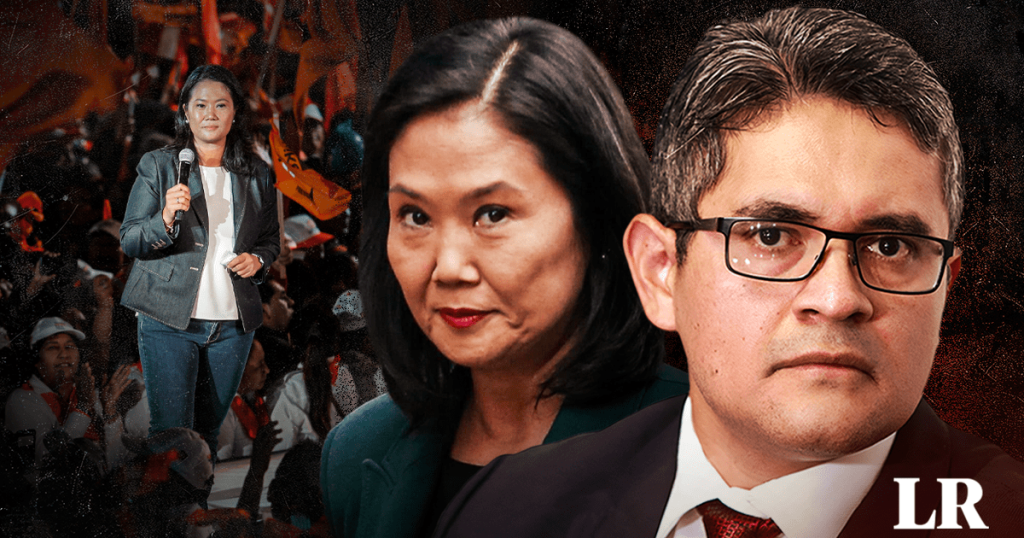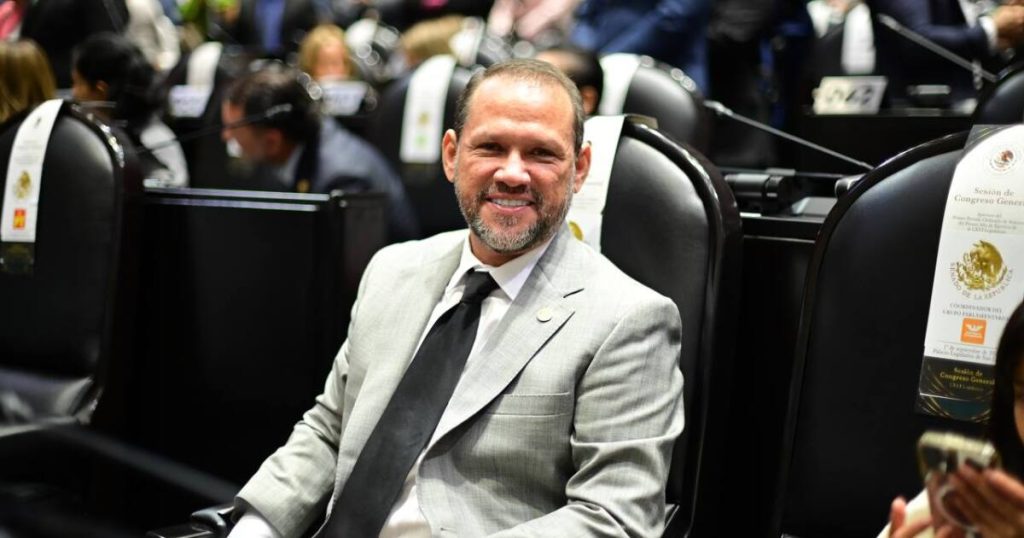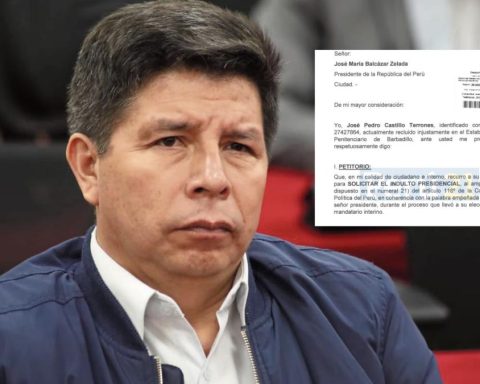Nicaragua has revoked the nationality and confiscated the property of a new group of former political prisoners, a total of 135 people who were sent last week to Guatemala through the mediation of the United States, in a practice already used previously and which the UN rejects.
The measure was announced Tuesday by the judiciary, which is accused of being at the service of the government of Daniel Ortega and his wife, Vice President Rosario Murillo, who has increased repression against its critics since the 2018 protests, according to the UN.
A court in Managua ordered the “loss of Nicaraguan nationality to 135 people convicted of criminal acts that threatened the sovereignty, independence and self-determination of the Nicaraguan people” and “ordered the confiscation of all the assets of those convicted,” according to a statement.
With this decision, 451 Nicaraguan opponents have been deprived of their nationality since the beginning of 2023, according to an AFP count based on official data.
“Ortega and Murillo denationalize and steal property from the 135 released political prisoners,” Nicaraguan journalist Emiliano Chamorro, exiled in the United States, posted on the social network X.
– “The persecution intensifies” –
The UN itself denounced on Tuesday a law passed by the Nicaraguan parliament, controlled by the Ortega government, which could intensify, in its opinion, the “repression” of exiled Nicaraguans, whose rights were called “protected.”
The UN Human Rights Council discussed in Geneva the report on the situation in Nicaragua, presented by Christian Salazar Volkmann, head of the UN High Commissioner for Human Rights.
“These reforms could be used to further intensify the persecution and repression of Nicaraguans, including those in exile and foreigners, for the legitimate exercise of their rights,” he said.
The law to prosecute those who commit actions abroad against the Ortega government has been denounced by exiles as a “tool of transnational repression.”
It provides for penalties of up to 30 years in prison and confiscation of property for “crimes against public administration,” “cybercrimes,” or “crimes against the State or institutions,” among others.
The Ortega government has tightened legislation and repression following opposition protests in 2018. Since then, some 5,500 NGOs have been closed and their assets confiscated.
The protests have left more than 300 dead in three months, according to the UN, and since then thousands of Nicaraguans have gone into exile and hundreds have been expelled and their property confiscated.
Following the arrival of the 135 former detainees in Guatemala, a US envoy asked Ortega not to strip these people of their Nicaraguan nationality, as he did with other released political prisoners and exiled opponents.
One of the latter is the Nicaraguan writer Gioconda Belli, exiled since 2023 in Spain, who, before the Human Rights Council, demanded an “end to harassment of critical voices” by the Ortega government.
Writer and Cervantes Prize winner Sergio Ramírez, who was vice president of the Sandinista government (1985-90) and is now a critic of Ortega, was also stripped of his nationality.
– “Imperialist” instrument –
In its annual report on the situation in Nicaragua, the High Commissioner warned last week of the “serious” deterioration of the human rights situation under the Ortega and Murillo government.
The report documented arbitrary arrests of opponents, torture, ill-treatment in detention, increased violence against indigenous communities, attacks on religious freedom and other abuses.
Related news: Adela, Gabriela and Mayela, the three Nicaraguans exiled to Guatemala for burning the FSLN flag
In a video address, Nicaragua’s Attorney General Wendy Morales denounced the “injustices, biases and illegalities” of the document, which she said was produced “with a defined agenda.”
These instruments, used by the “imperialists” to intervene in internal planes, “violate the principle of non-intervention,” said Morales, who was sanctioned by Washington in March “for being complicit in oppression.”
As of June 2023, 271,740 Nicaraguans were listed as asylum seekers worldwide and 18,545 were granted refugee status, the Group of Experts on Human Rights on Nicaragua indicated in another report in February.


















